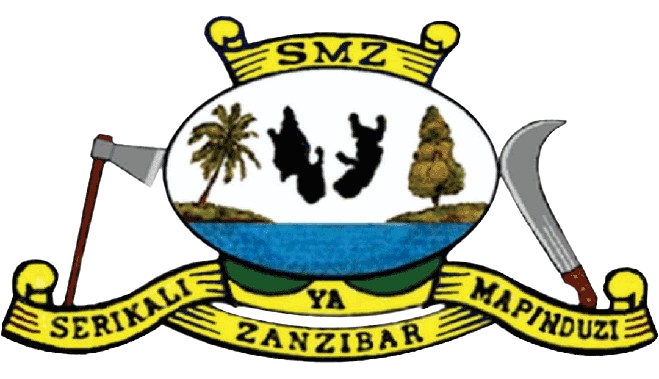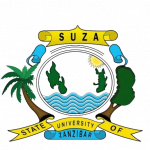The State University Of Zanzibar
bert
The BERT project (Breaking Education Barriers: Inclusion, Rehabilitation, and Technology) is a three-year project (2023-2026) supported by the Ministry for Foreign Affairs of Finland. The main objective of the project is to enhance the capabilities of Higher Education Institutions (HEI) in East Africa, thereby promoting the inclusion of People with Disabilities (PWDs) in both the education system and the society at large.
This objective will be achieved through the collaboration between JAMK University of Applied Sciences, Tampere University, State University of Zanzibar, and the University of Rwanda.
The project aims to achieve two main outcomes, each consisting of three outputs. The first outcome is focused on strengthening the capacity of partner HEIs to support the inclusion of students with disabilities, through promoting multidisciplinary rehabilitation, accessibility (including digital), and assistive technology in the education system. The second outcome focuses on improving the partner institutes' educational quality and capacity to develop and create innovative solutions to barrier-free learning environments.
Expected Output
The project utilizes the twin-track and Community-Based Inclusive Development (CBID) approaches to promote inclusive education for students with disabilities at all education levels. This includes supporting teachers and the education system in addressing students needs related to multidisciplinary rehabilitation, assistive technology, and accessibility, including digital access. Effective implementation of these approaches relies on collaboration among stakeholders, such as higher education institutions, disability organizations, government agencies, other educational institutions, technology companies, and business sectors.

